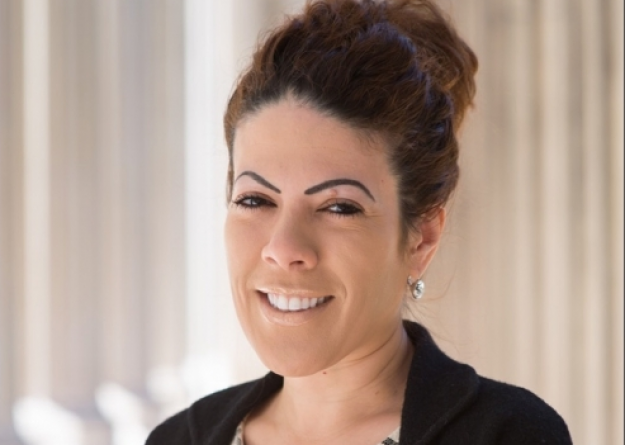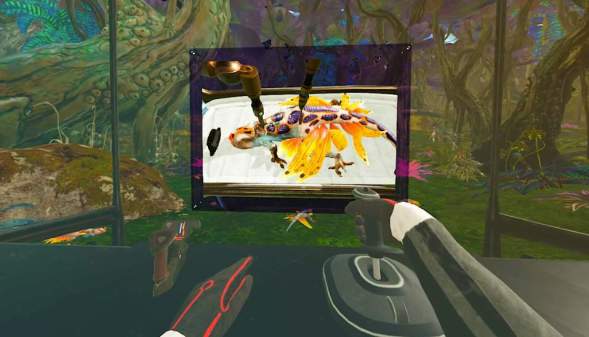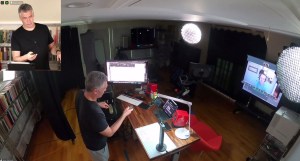MIT dean Christine Ortiz talks about her vision for new university

AUSTIN, TEXAS – Christine Ortiz, dean for graduate education at Massachusetts Institute of Technology, has big plans when she steps down this summer.
She is opening her own yet-unnamed university in the Boston area that eliminates barriers between traditional models of higher education, like majors and lectures.
Ortiz sat down with EdScoop after talking on a panel at SXSWedu to share her vision and goals about her new school.
EdScoop: You have a lot of exciting things going on. When are you officially stepping down from MIT?
Christine Ortiz: I’m stepping down July 1.
ES: What is the trajectory for your new institution? What’s the timeline?
CO: We have to go through all the legal processes. Typical institutions take around five years from start to students coming – we need board of education approval, register as a 5013c [nonprofit] and eventually accreditation, so it’s quite a long process.
ES: What is the five-second vision for the school?
CO: Essentially there’s four components to the university. One is the flipped curriculum, which is project-based and personalized. It’s based on the ground [at a brick-and-mortar school] and all of the knowledge acquisition is moved online. The second is transdisciplinary research structure, which is no departments, so essentially there will be no lectures, no classrooms, no majors, no departments. Third is the technological platform to facilitate those two goals. And the last one is to be embedded with society. Those are the four basic principles.
ES: Who is the ideal student?
CO: Definitely we want to have an emphasis on science and technology, and, in particular, the interface of science and technology with humanities and the arts. So a student who is interested in that intersection. Students who would like to have an education that has technical depth, but also the breadth of working with that interface. Students who want to explore interdisciplinary pathways, emerging pathways, and also who sort of enjoy self-directed learning and are passionate about working on their own projects.
Read what other educators and IT leaders shared at SXSWedu — exclusive coverage from EdScoop.
ES: Is it good for a student who may have failed high school because the traditional model of education didn’t work for him or her?
CO: I think this model actually works better for all students. I think it will work better for students who haven’t done very well in the traditional system, but there are many students who have done well in the traditional system. But the reality is, I think that it can benefit all students in terms of their development, progress, learning. We don’t see segmenting it for a set of nontraditional students.
ES: Where did the idea for this school come from?
CO: I’ve always been interested in educational innovation, and [the idea] evolved slowly and came to fruition more recently as I put all the pieces together, and I was coming to the end of my time as dean. I had to make a decision in the last year or so on what to do next.
ES: Were you surprised by the outpouring of excitement so early on?
CO: I definitely wasn’t expecting the level of interest until, I thought, a couple years in, but I guess I didn’t really comprehend social media and the fact that now everything Is open and people are interested even in the earliest stages. It opens up a whole opportunity to engage people and engage society more broadly in the formation of the university.
ES: Is this your first time at SXSWedu?
CO: Yeah, I thought it was great. I loved it.
ES: What did you get out of it?
CO: It’s mostly the one-on-one conversations with people. Really just meeting so many people involved in educational innovation, people who are trying to do similar things, which is really helpful to hear. Just seeing the whole landscape of everything that’s going on and how we can leverage that.
But really the one-on-one conversations have been great, because they’re helping us develop as we’re in this early stage. Every conversation is helping us develop more refined thinking around the concepts we have. So it’s definitely exciting to be here. It’s one of the more unique conferences I’ve been to.
Reach the reporter at corinne.lestch@edscoop.com and follow her on Twitter @clestch and @edscoop_news.




